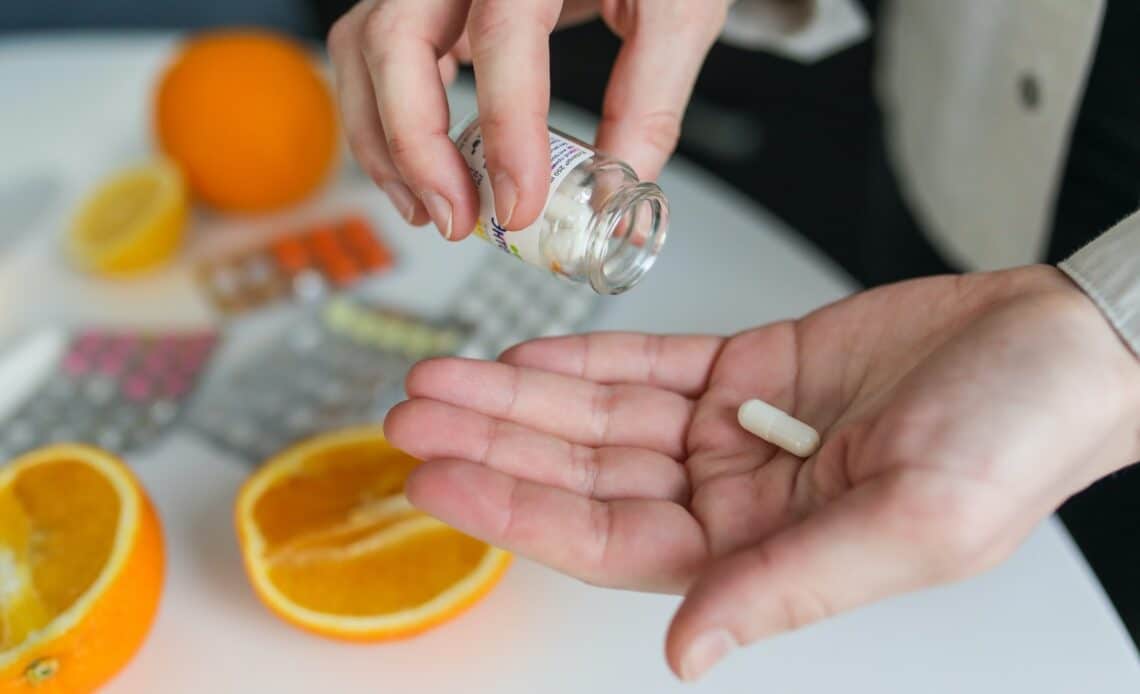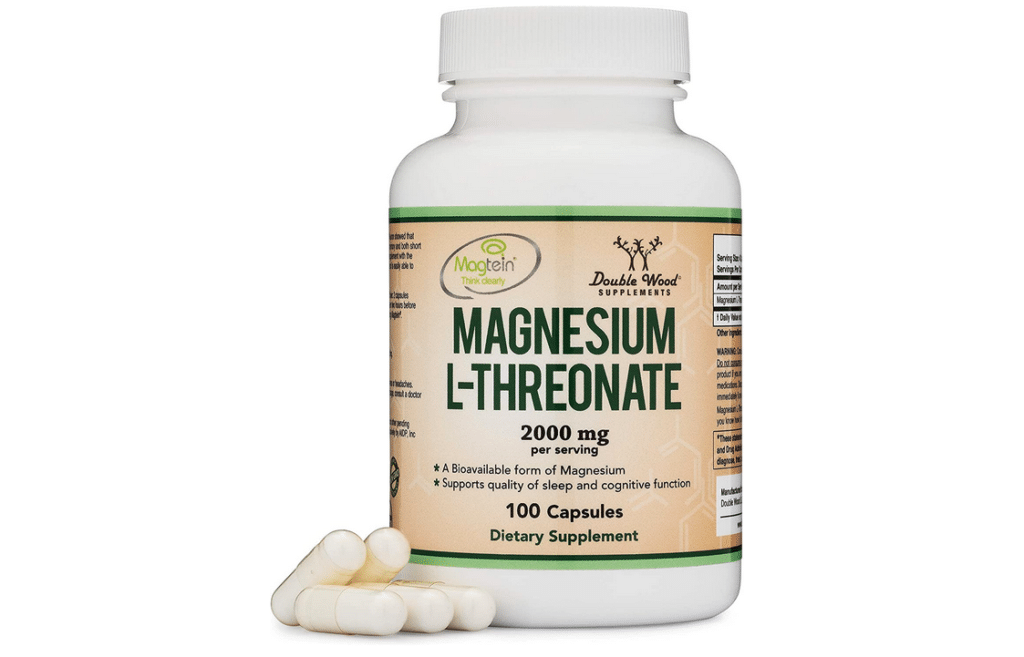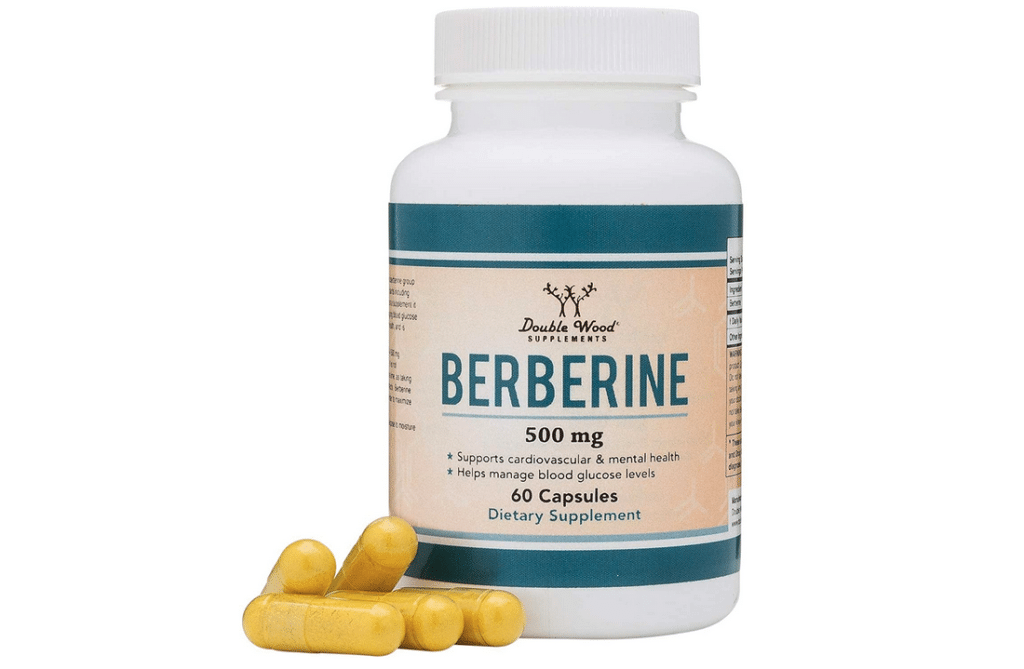
Insulin resistance has become an increasingly widespread health concern affecting millions worldwide. This condition, where cells become less responsive to the hormone insulin, can lead to impaired blood sugar control, weight gain, and a higher risk of type 2 diabetes if left unchecked.
While diet and exercise should be the foundation of any plan to reverse insulin resistance, certain supplements may provide additional benefits when combined with lifestyle changes. In this guide, we’ll explore 10 of the top science-backed supplements to help increase insulin sensitivity.
A Quick Look at What Insulin Resistance Is
Insulin is the hormone released by the pancreas that allows cells throughout the body to absorb and utilize glucose from the bloodstream. With insulin resistance, cells are less sensitive to insulin, causing a backlog of glucose in the blood.
To compensate, the pancreas works harder to produce more insulin. Over time, this chronic overproduction and elevated blood sugar can lead to prediabetes or type 2 diabetes. Insulin resistance is closely tied to excess weight, especially around the belly.
Along with proper nutrition and activity, addressing insulin resistance early on with natural supplements can help restore balance and avoid progression to more severe health conditions.
The Best Supplements For Insulin Resistance
Chromium
Chromium is an essential trace mineral that plays a foundational role in our body’s metabolic processes. It is a relatively unknown nutrient, but it provides critical support for carbohydrate, fat, and protein metabolism. Chromium enhances the action of insulin, the hormone responsible for allowing blood sugar into cells for energy. By making insulin more efficient, chromium helps stabilize blood glucose levels. This is vital for combatting the hallmark symptoms of insulin resistance, like fatigue, brain fog, and cravings.
Several studies suggest chromium supplementation can lower fasting blood glucose levels and improve cholesterol profiles in people with diabetes. The recommended daily intake is 25-35 mcg per day. Good dietary sources include whole grains, broccoli, grape juice, and meat. But levels can be suboptimal, especially with refined grain-heavy modern diets. Supplements help bridge this nutritional gap and ensure optimal chromium status for amplifying insulin’s effectiveness.
Cinnamon
Cinnamon isn’t just a kitchen staple; it’s a metabolic superstar. The potent plant compounds in cinnamon, particularly polyphenols like proanthocyanidins, mimic insulin’s effects. They essentially activate insulin receptors and increase glucose transport into cells, leading to better blood sugar stabilization.
Human trials indicate cinnamon supplementation can reduce fasting blood sugar levels by 10-29%. Plus, studies show it lowers LDL cholesterol while boosting HDL cholesterol. This adds heart health protection. Cinnamon polyphenols’ anti-inflammatory action provides another benefit by combating diseases linked to chronic inflammation.
Cinnamon is available in capsules, oils, and powders. Experts recommend 1-6 grams daily with food for the best insulin-balancing effects. Pairing cinnamon with a diet low in refined carbs and sugar provides optimal synergy for reversing insulin resistance.
Magnesium
Magnesium is a powerhouse mineral involved in over 300 bodily processes. It plays diverse roles in energy production, blood pressure regulation, nerve transmission, and detoxification. Significantly, magnesium also helps regulate blood glucose levels by influencing insulin secretion and signaling.
Individuals with insulin resistance tend to have lower magnesium levels. Research indicates magnesium supplementation consistently improves insulin sensitivity and metabolic health markers. For example, a meta-analysis found 100-300 mg of supplemental magnesium per day lowered fasting blood glucose by an average of 0.56 mmol/L.
Food sources high in magnesium include dark leafy greens, nuts, seeds, beans, and whole grains. But the standard Western diet often provides less than optimal magnesium levels for robust metabolic function. Supplementing with 200-400 mg magnesium glycinate, malate, or citrate can help fill this nutrient gap and promote healthy insulin response.

Our top recommendation
Double Wood Supplements Magnesium L-Threonate
Priced at $29.95, this product is much cheaper than other Magtein products on the market. Double Wood also provides a certificate of analysis and third-party test results to guarantee that their product is pure.
Berberine
Berberine is a bioactive compound found in several plants, including goldenseal, barberry, and Oregon grape. It boasts an impressive résumé of benefits, particularly for metabolic health. Berberine activates insulin receptors similar to pharmaceutical drugs. This makes it one of nature’s most potent insulin sensitizers.
Berberine also helps control blood lipids. Multiple analyses report it lowers unhealthy LDL cholesterol and blood triglycerides while raising protective HDL cholesterol. Another remarkable benefit is berberine’s potential to assist with weight management by influencing gene expression and fat metabolism.
Experts suggest 500-1500 mg of berberine daily to reverse insulin resistance. Berberine has poor oral bioavailability, so taking it with a meal containing healthy fats enhances absorption. Those with impaired glucose tolerance saw the greatest improvements in just three months of supplementation in clinical studies.

Great Value, Third Party Lab Tested
Double Wood Supplements Berberine
Double Wood’s berberine is manufactured in the USA, third-party lab tested and is made by a well-established, trustworthy brand.
Omega-3 Fatty Acids
Omega-3 fatty acids EPA and DHA offer diverse whole-body benefits, including enhancing insulin response. They help make cell membranes more fluid, allowing for better communication between insulin receptors and the cell interior. Omega-3s also have anti-inflammatory effects that shield against insulin resistance.
Clinical research demonstrates omega-3 supplementation reduces fasting blood glucose and improves A1c levels in adults with type 2 diabetes. Experts recommend at least 2000 mg EPA/DHA daily. Cold-water fatty fish like salmon and sardines provide omega-3s, but supplementation is often needed to reach therapeutic dosages.
Beyond insulin modulation, omega-3 intake benefits heart health, brain function, eye health, mood, and more. For those with insulin dysregulation, optimizing omega-3 status should be a top priority given the broad, complementary benefits.
Alpha Lipoic Acid (ALA)
Alpha lipoic acid (ALA) is a naturally occurring fatty acid that serves as a potent antioxidant. It scavenges harmful free radicals that induce oxidative stress, a contributor to insulin resistance. But ALA also has a second role as a cofactor for energy production in mitochondria, the cell’s powerhouse. This unique synergistic action makes it ideal for defending against metabolic dysfunction.
In clinical studies, 600-1200 mg ALA doses per day amplified insulin signaling and improved blood sugar control in obese subjects and type 2 diabetics. An analysis of 10 controlled trials also found ALA lowered triglyceride levels and body weight. ALA’s ability to regenerate depleted antioxidants, including vitamins C and E, provides additional metabolic support.
ALA supplements with enhanced bioavailability, such as R-ALA, are preferred for optimal absorption. Those with neuropathy may also benefit from ALA’s nerve-protecting effects as part of a comprehensive plan for reversing insulin issues.
Vitamin D
Vitamin D’s importance spans far beyond bone health. Research reveals vitamin D interacts with over 2000 genes, including those involved in immune function, cardiovascular health, and metabolism. Vitamin D deficiency impairs glucose metabolism and insulin secretion, making it an independent risk factor for insulin resistance.
Studies demonstrate vitamin D supplementation between 2000-5000 IU daily leads to significant decreases in fasting blood sugar and hemoglobin A1c in diabetics. Restoring healthy vitamin D levels can enhance insulin activity and lower systemic inflammation. Vitamin D also benefits muscle function, mood, and heart health, providing additional advantages.
Sunlight exposure, fatty fish, eggs, and fortified dairy provide vitamin D, but deficiency is common. Those with dark skin, living in northern latitudes, or avoiding the sun may require 2000-5000 IU vitamin D3 supplementation to reach optimal levels between 50-80 ng/ml.
Curcumin
Curcumin is the active constituent in turmeric, giving the spice its vibrant yellow color. It has remarkable antioxidant and anti-inflammatory properties that translate to benefits for insulin resistance. By suppressing inflammatory cytokines, curcumin defends against obesity-linked insulin issues. It also enhances insulin receptor function and glucose uptake in fat cells.
According to preliminary studies, curcumin shows additional promise for improving blood lipids, blood pressure, and body weight. For example, one trial found 1500 mg of curcumin per day lowered fasting blood sugar by 16% and LDL cholesterol by 19% in type 2 diabetics. Curcumin’s versatility and safety make it an attractive option.
Absorption is a challenge with plain curcumin. Formulations like Theracurmin and liposomal curcumin help maximize bioavailability. Pairing curcumin with black pepper enhances absorption by as much as 2000%. A typical supplemental dose for insulin optimization is 400-600 mg of standardized curcumin extract.
Green Tea Extract
Green tea contains bioactive polyphenols that provide a multitude of health benefits. The most well-studied is epigallocatechin gallate (EGCG), a potent antioxidant. EGCG mimics insulin’s action by increasing glucose uptake in cells and suppressing glucose production by the liver. This helps stabilize erratic blood sugar swings.
Human and animal studies using green tea extract doses between 300-1500 mg EGCG show notable improvements in fasting glucose, insulin levels, A1c, cholesterol markers, and body composition in those with diabetes or obesity. The natural caffeine in green tea may provide metabolism-boosting synergy.
Enjoying 2-3 cups of green tea daily provides around 240-320 mg EGCG. High-quality green tea extract capsules are recommended to reach suggested therapeutic dosages for amplifying insulin response and accelerating fat burning.
B Vitamins
B vitamins, especially B1, B3, B6, B7, and B12 work cooperatively to support healthy glucose metabolism and insulin levels. B vitamins help convert blood sugar into energy and facilitate insulin production. A deficiency can lead to impaired insulin secretion and signaling.
Research shows daily supplementation with a blend of key B vitamins improves insulin sensitivity and lowers blood glucose in diabetics more than placebo. Doses of 100-500 mg B1, 10-50 mg B3, 10-20 mg B6, 100-300 mcg B7, and 500 mcg B12 demonstrate efficacy.
While B vitamins naturally occur in many foods like eggs, meat, dairy, and greens, poor intake coupled with impaired absorption can lead to insufficiencies. Using a high-quality B-complex supplement provides insurance for adequate status to optimize metabolic health.
Other Lifestyle Modifications
While the above supplements hold promise for increasing insulin sensitivity, they should be combined with dietary and lifestyle changes for optimal effect:
- Follow a balanced, low glycemic diet focusing on lean proteins, healthy fats, high fiber carbs, and avoiding added sugars
- Engage in regular physical activity like cardio, strength training, and HIIT to help control blood sugar and increase insulin sensitivity
- Lose excess weight, especially abdominal fat, through calorie-controlled, low-carb meal plans. Just a 5-10% weight loss can dramatically improve insulin resistance
- Manage stress through techniques like meditation, yoga, and deep breathing, which can lower cortisol and inflammation
- Get adequate sleep and rest, aiming for 7-8 hours per night, as poor sleep is linked to disrupted glucose metabolism
Wrapping Up
Catching insulin resistance early and taking proactive steps with targeted supplementation and lifestyle changes can help restore insulin function and maintain healthy blood sugar regulation. Work with a healthcare provider to identify which of the evidence-backed supplements are right for your needs and take a multifaceted approach for combating insulin resistance.







